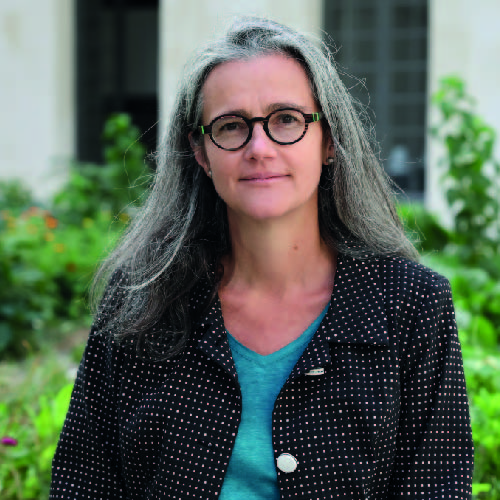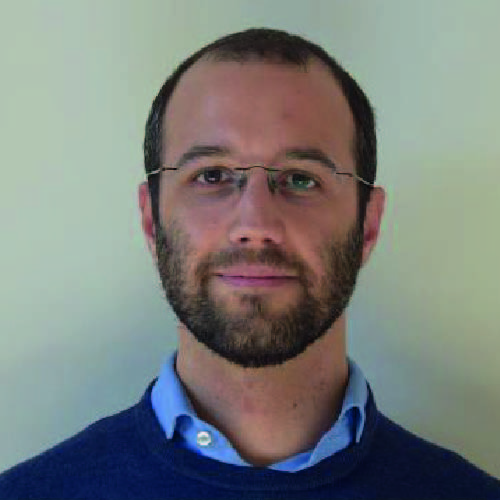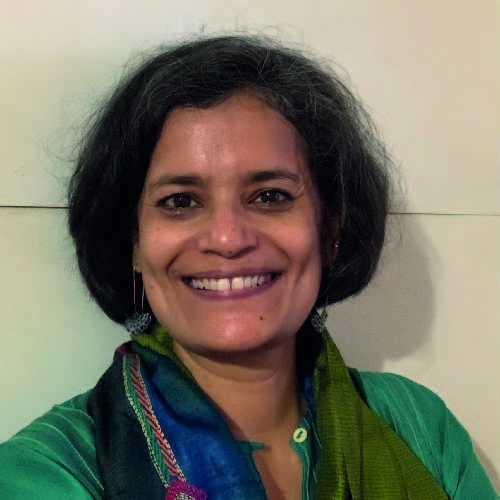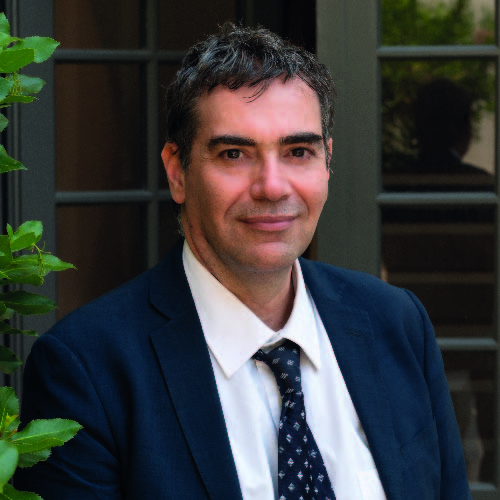AESOP 2024 ANNUAL CONGRESS | SPECIAL SESSIONS
36th AESOP Annual Congress 2024 Paris, France
“GAME CHANGER? Planning for just and sustainable urban regions”
New Territoriality of European Port Cities in Transition
Organizers :
- Carola Hein, TU Delft
- Mina Akhavan, TU Delft
Speakers:
- Carola Hein, TU Delft
- Lukas Höller, TU Delft
- Michael Rodrigues, TU Delft
Port cities historically emerged as cosmopolitan centres facilitating the flow of people, goods, and ideas, often transcending political borders and contributing to the development of complex global-local interdependencies and alternative polycentric urban/rural networks. Today, port cities are in the frontline of transition, facing a critical juncture towards sustainable development along their complex and fragmented territories at the intersection of water and land.
Since the mid-20th century, globalisation, technological advancements, and environmental challenges have reshaped, and continue to shape, the dynamics of global trade and logistics but also affect urbanisation, socio- cultural and ecological dimensions. In response to these shifts, port cities must adapt, evolve, and plan for the future. They need to address issues related to sustainability, urban development, infrastructure, and the preservation of cultural heritage. The "New Territoriality" of these cities is about redefining their boundaries, not just in geographical terms but in socioeconomic and environmental dimensions as well.
As port cities are embedded in large, networked territories, and threats to sustainable development widely exceed local boundaries, it becomes clear that new, innovative frameworks need to operate at multiple spatial scales and across various urban and rural settings. Planning for just and sustainable port city territories requires an understanding of long-term development, particularly in fragmented territories at the edge of water and land, where global and local interests intersect and where large public authorities engage with corporate players and citizens.
Innovative planning tools, shared frameworks, taxonomy and glossary are needed for developing strategies to balance economic growth with environmental responsibility, making use of new technologies for efficient transportation and logistics, and preserving historical and cultural assets. Methodological approaches such as historical insights and investigations, geospatial mapping, and spatial analysis can help develop new strategies for collaborative and integrated planning, policy and governance.
This special session seeks contributions that tackle the historical roots of these cities and the challenges and opportunities they face in the present and future. By delving into the history of these port cities and emphasising the importance of forward-thinking territorial planning, this special session aims to shed light on how these dynamic urban centres can continue to play a central role in their evolving
Keywords: Port city territories, mapping, European planning, coastal development, climate change
LOC
The Local Organising Committee













